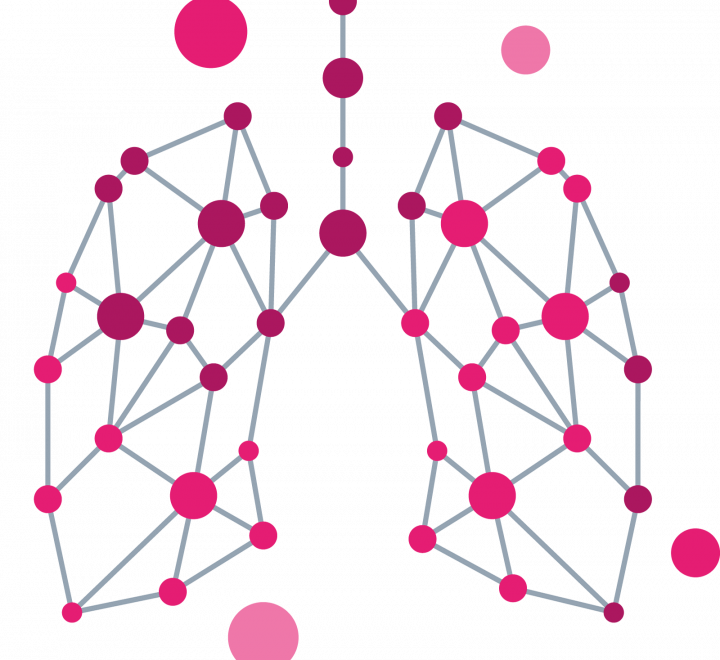
A complex role
During her 28 years in her nursing career, Lucy has seen a lot. But what she wishes others knew the most, is that this role is more complex than it seems.
“I wish people knew more about the complexity of the role,” she says. “The idea that nurses are soft, holding people’s hands, and that the doctors do everything is not how it is. Nursing care is much more complex than it might appear.”
“The idea that nurses are soft, holding people’s hands, and that the doctors do everything is not how it is. Nursing care is much more complex than it might appear.”
Lucy believes the ability to be a nurse isn’t an intuitive, easy thing like so many people think. You need to be a good listener, have integrity and of course empathy. “Being real, being true to yourself is really important to me as a nurse,” Lucy explains.
She believes having the empathy of knowing that it could be you, your parents, your sister, your husband, is important. Never thinking of people as ‘other’ is a must-have quality to be a good nurse. “I think the pandemic has really shown this, that we’re all real. We all have a story of how we’ve been affected.”
The COVID-19 pandemic brought those nurse qualities of care and compassion to the forefront, Lucy explains.
“In the community, we do more and more in terms of safeguarding and wider care needs” Lucy says. “We’re specialist respiratory nurses, but we do lots of other things. We’re the eyes and ears, and there’s a lot more of an emphasis on looking at care holistically.”
Caring in the community
As a Respiratory Community Nurse with a special interest in end of life care for respiratory patients, Lucy recognises the importance of looking at the bigger picture.
“When we get anxious, we get breathless, and it’s the same with anyone who has a respiratory disease.1 Because it’s part of everything they do, our role is quite holistic and understanding the nature of the fact it’s not just about the lungs is important.”
In this community nurse role, Lucy connects with people from different walks of life. She loves learning about the ways people cope with adversity and family dynamics. “I’m the guest in their home: they’re in control and it’s about me facilitating,” Lucy tells us. “I’m always in awe of people who cope with such difficult situations.”
“I’m always in awe of people who cope with such difficult situations.”
The skills and knowledge of a nurse in the community are wide-ranging and Lucy has witnessed the challenges involved in providing effective care. Lucy believes working as a team and across the disciplines is key: “Having the skilled practitioners to support people at home, to give people a choice is important. But one of the lovely, more challenging things is that we form deep connections with our patients. And when you’re invested in them, it can be hard at the end of their lives.”

The power of peer support
If there’s one thing that Lucy is proudest of in her nursing career, it’s the Peer Support Group she set up, and runs, for patients with COPD.
“I set it up in 2017. It’s for people with COPD who support each other living day-to-day with COPD, which I think is really important,” Lucy explains. “The group gets a lot from each other; they can give and receive support from one another. Being able to set that up has meant the world to them, which has meant the world to me.”
Lucy has received lovely feedback from the group, which has helped her to connect with patients on a deeper level. For her, the key thing is seeing just how important it is for them.
Keep learning
When we asked Lucy on the advice she’d give herself at the very start of her career she says being patient is key. “It’s a marathon, not a sprint. Learning by experience, you cannot compensate for that. Trust that you will get there. You cannot learn it all from books, sometimes you have to learn it from life.”
“Trust that you will get there. You cannot learn it all from books, sometimes you have to learn it from life.”
Nursing is a complex profession that requires its practitioners to continue to educate themselves throughout their careers. Lucy is currently completing a five-year doctorate course, which has enabled her to conduct her own research examining the experiences of community respiratory nurses when caring for patients with breathlessness.
For Lucy, she’s recognised that the more you learn, the more you realise the little you know. “I think I’m a better nurse, a better clinician for continuing higher education learning,” she tells us. “It’s given me more confidence to think actually, I have got something to say.”
If she had to offer one piece of advice? Keep learning, no matter what stage you are at in your career.

Lucy's top picks
Books or TV?
Books for me.
Tea or Coffee?
Mostly tea I would say.
Early, late or night shift?
Late.
On the ward, in practice or out in the community?
You know the answer to this one! In the community.
Summer or winter?
Summer. I’m so glad the days are getting longer, it’s lovely.
References
- Williams T, Carel H. Breathlessness: From Bodily Symptom to Existential Experience. Existential Medicine. 2018. Chapter 10.
Related stories


Interactive self-management: the programme supporting respiratory patients
Read article





